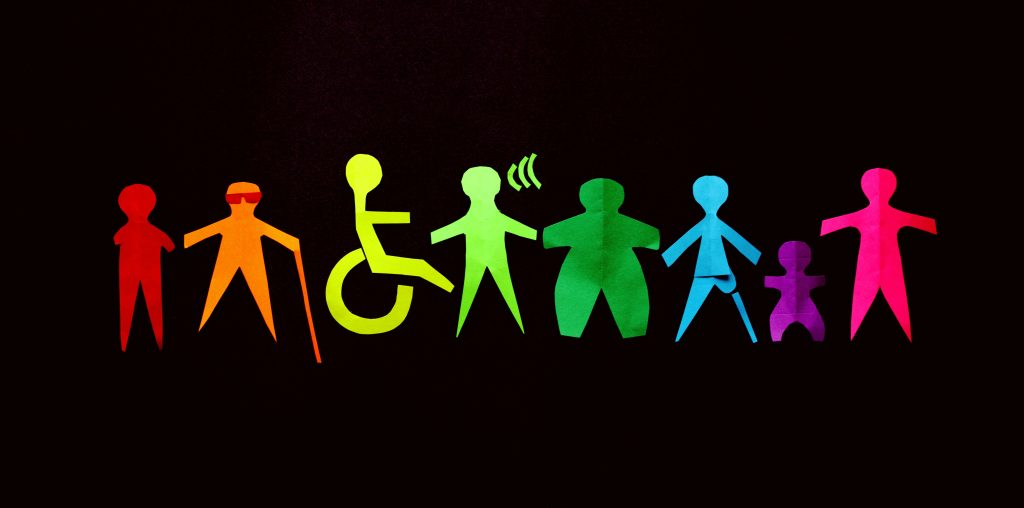The project is aimed specifically at WRAandpregnant women, and is designed to meet the MNH needs of women and their newborns through increased empowerment, critical consciousness and decision-making abilities. The PLA project design is widely seen as a valuable contributor to women’s individual and collective empowerment. All women in the community will be encouraged to join the groups, particularly WRA and especially newly married as well as newly pregnant women – who benefit most from the intervention in the short term, while non-pregnant WRA will benefit in future pregnancies. It is expected that other women will also join (sisters, mothers, and mothers-in-law); in addition to the community meetings men have also been known to join in and assist where appropriate.We have direct experience in Bangladesh of increasing participation of pregnant women in women’s groups from 3% to over 30% (see Section 5.6). This is an important factor – the participation of at least one third of pregnant women in the communitycoupled with adequate population coverage has been shown to lead to reductions in maternal mortality by up to 55% (Prost et al, 2013). We will undertake home visits to target the more marginalised members of the community including adolescent girls and disabled girls and women to provide greater community support. Evidence from India also indicates that working with women’s groups successfully reaches the most marginalised and excluded women in the community (Houweling et al, 2013).
- Gender – Although we believe it is important that the facilitators are female, especially when addressing sensitive MNH issues, improving MNH requires input from the whole community. We will work with men and boys, sensitising husbands, fathers, and brothers to the issues and engaging them through specific inclusive activities within the women’s groups’ action cycle. We will also engage the support of males within the traditional leadership and existing community structures at the project outset and through community meetings. The initial community sensitisation meetings, during the project start up phase, will involve key male and female community leaders. This is essential to ensure buy-in to the project and ensure that where necessary women are permitted to attend by male relatives (particularly husbands) and because men are often key to implementing the women’s group solutions e.g. they will ride the bicycle ambulance. The project will benefit from a systematic gender analysis to ensure men are engaged the most appropriately. A WCF genderexpertwill conduct training with the PCP team in gender analysis and planning to improve programming and advocacy.
- Age – Mothers-in-law and older women can act as a barrier to younger women attending and/ or participating fully in the women’s groups. To address this PCP has developed a system of “secret mothers” who work specifically with younger women one-to-one and encourage older women to engage with younger group mothers. ommuity clinic membership s I AM MAKING ASSUMPTIONS)but in reality the majority of them are male, this is why it
- Class – the members of the women’s groups and community health committees are from the same community so there is little class differentiation so this has not been a significant challenge.
- Disability – Where a disability could prevent a woman leaving the home women’s group members conduct home visits to provide them with the required support.
- HIV/ AIDS – Bangladesh is a low HIV prevalence country, with HIV mostly confined to at risk populations who are not targeted by this project. As such women’s groups do not specifically focus on HIV and AIDS. However, the role of women’s groups in fostering empathy and understanding while tackling MNH problems within the community could indicate potential for addressing the stigma associated with HIV in Bangladesh by using this approach.
Cultural practices – In some areas improving MNH is hindered by cultural practices such as arranged and child marriages. Bangladesh has one of the highest rates of child marriagein the world, with 20% of girls becoming wives before their 15th birthday (BBC News, 2012). Women in early pregnancy (i.e. first trimester) are often not allowed to participate in the women’s groups by family members or because they themselves fear the evil eye, believed to cause miscarriage. By working within community structures and where necessary conducting home visits to support younger more vulnerable girls and early pregnancies, we will provide information to the wider family about the disadvantages of such practices, especially related to the increased health risks.

